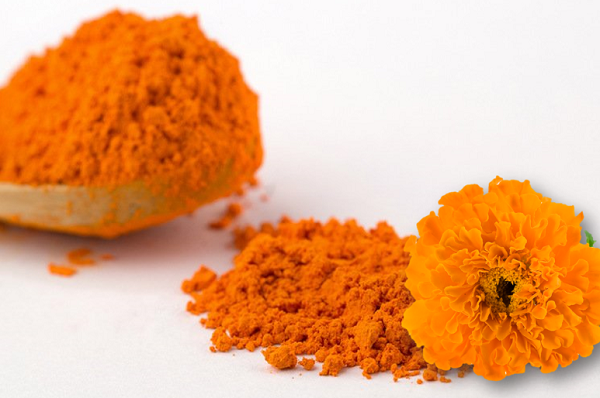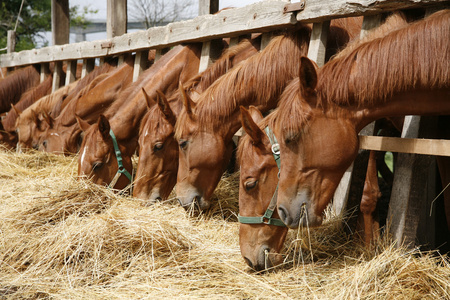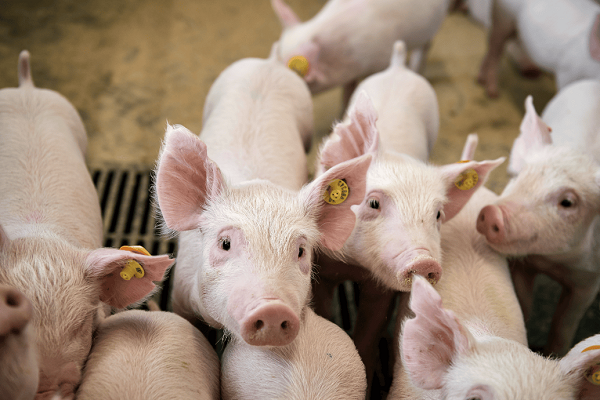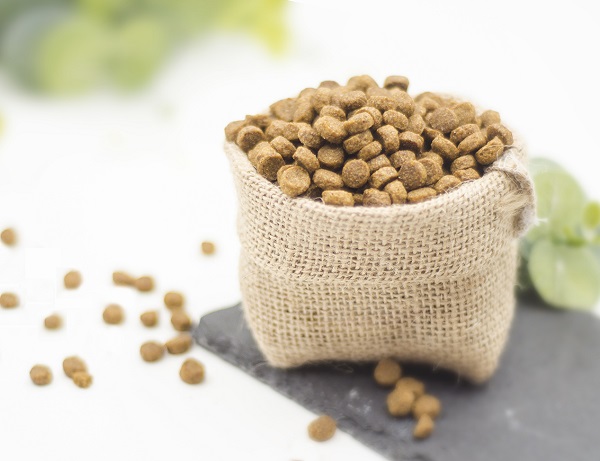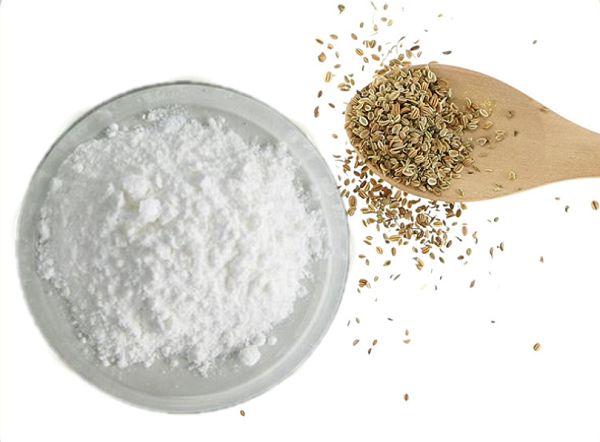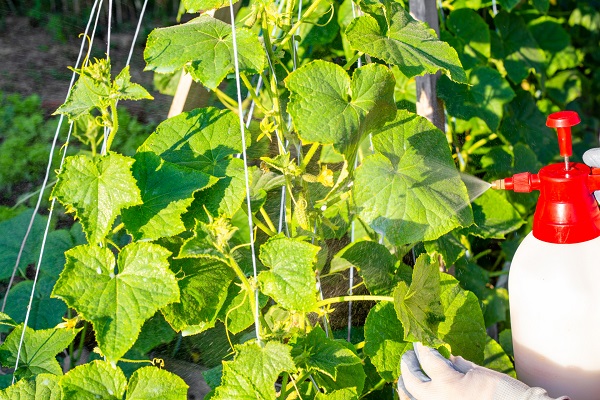Follow Us:
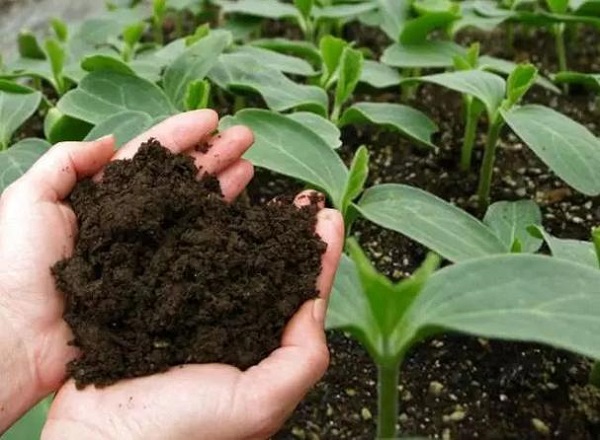
Is Bacillus Subtilis A Safe Soil Amendments?
In the pursuit of sustainable and regenerative agriculture, Bacillus subtilis has emerged as a widely used microbial soil amendment. Recognized for its ability to improve soil health, suppress plant pathogens, and enhance nutrient availability, Bacillus subtilis is increasingly adopted by commercial growers, agronomists, and soil input manufacturers. But is it safe—and how is it produced and applied in real-world agricultural settings?

What Is Bacillus Subtilis and Where Does It Come From?
Bacillus subtilis is a Gram-positive, rod-shaped, endospore-forming bacterium naturally found in soil, plant roots, and compost. As part of the rhizosphere microbiome, it plays a vital role in nutrient cycling and natural disease suppression.
Due to its natural presence in the environment and history of safe use in food and agriculture, Bacillus subtilis has been granted GRAS (Generally Recognized as Safe) status by the U.S. FDA. It is also approved for organic farming by multiple certification bodies globally, including OMRI (Organic Materials Review Institute).
Is Bacillus Subtilis a Fungus or Bacteria?
Bacillus subtilis competes with other microorganisms by producing antibiotics that either kill competition or reduce their growth rate. Researchers report that it induces SAR (systemic acquired resistance) against bacterial pathogens by triggering the plant’s defenses before pest incursion. Additionally, bacillus subtilis hinders spore germination in plant pathogens and prevents pathogens from attaching to the plant. When applied to the soil, Bacillus subtilis works symbiotically with numerous beneficial bacteria to solubilize phosphorus. This helps in areas where farmers have traditionally used phosphate-heavy fertilizers, allowing plants to absorb the phosphate already present in the soil.
Is Bacillus Subtilis Safe?
Yes. Bacillus subtilis is widely regarded as safe for soil, plants, animals, and humans when used according to product guidelines. Regulatory agencies across the globe have approved its use in food crops and even as a probiotic in livestock and aquaculture. Its ability to form endospores means it remains stable under various environmental stresses, making it both effective and reliable.
Moreover, its compatibility with organic and regenerative farming principles makes it a preferred choice for environmentally conscious growers.
How Is Bacillus Subtilis Manufactured?
1. Strain Selection: Select high-performing, non-pathogenic strains based on their plant-beneficial traits—such as nitrogen fixation, phosphate solubilization, and pathogen inhibition.
2. Fermentation: Grow the selected strain in industrial fermenters under aerobic conditions using carbohydrate-based media.
3. Concentration & Stabilization: After fermentation, bacterial cells and spores are harvested, concentrated, and formulated into liquid or powder-based products.
4. Formulation: Use carriers such as talc, peat, or soluble polymers to create a stable formulation. They encapsulate the spores to extend shelf life and maintain viability.
5. Quality Control: Each batch is tested for viability, contamination, and functional traits before packaging and distribution.
At Green Agri Co., Ltd. we specialize in advanced microbial technologies that empower growers to enhance soil health, protect crops naturally, and improve yield—without compromising environmental integrity.
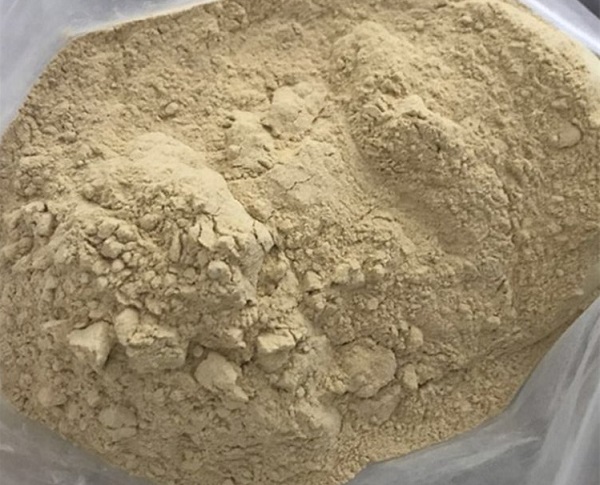
Applications of Bacillus Subtilis
- Soil amendment
- Seed treatment
- Foliar spray
- Root dip or drench
Various biological input brands market these formulations. Manufacturers or users frequently blend them with other beneficial microbes (e.g., Trichoderma, Pseudomonas) or apply them as standalone biofertilizers and biopesticides.
In commercial farming, Bacillus subtilis in:
- Row crops (corn, soy, wheat)
- Vegetables (lettuce, tomato, cucumber)
- Orchards and vineyards
- Greenhouse and hydroponic systems
Its benefits include:
- Suppression of soilborne pathogens (e.g., Fusarium, Rhizoctonia, Pythium)
- Improved root growth and plant vigor
- Better nutrient uptake (especially phosphorus and micronutrients)
- Yield increases of 5–20% depending on crop and conditions
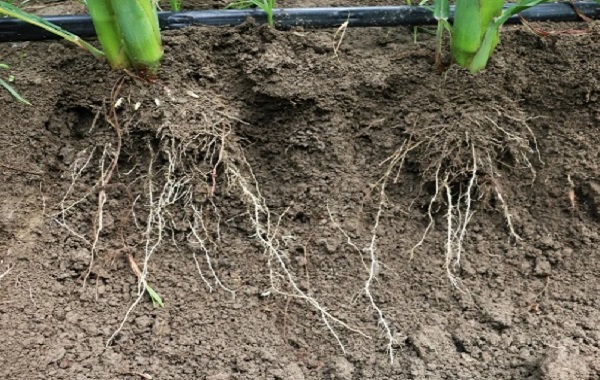
Agricultural Customer Case
California Lettuce Farm
A large-scale leafy green grower in Salinas Valley integrated Bacillus subtilis into their fertigation schedule. After two growing seasons, they reported:
- 18% reduction in downy mildew
- 12% yield increase per acre
- Reduction in synthetic fungicide use
Corn Grower in Iowa
A conventional corn operation trialed Bacillus subtilis seed coating in rotation with soybeans. Field data showed:
- Early vigor improvement
- Higher phosphorus availability (based on soil testing)
- Net yield increase of 8.3 bushels/acre
Greenhouse Tomato Facility
A Canadian hydroponic tomato producer used Bacillus subtilis as part of an integrated root zone management program. Results included:
- Reduction in Pythium root rot incidence
- Improved fruit set and uniformity
- ROI within two crop cycles
Conclusion
For agribusinesses and input suppliers looking to offer effective, natural soil solutions, Bacillus subtilis presents a proven, scalable option. Backed by scientific validation, field success, and regulatory acceptance, it remains one of the most trusted microbial tools in the transition to sustainable agriculture. Contact us to learn how our Bacillus subtilis solutions can add value to your agricultural product line or crop production system.
Also See
- Does Garlic Extract Good for Agricultural Crops
- Is Matrine 98% Content a Priority for Agricultural Brand Owners
- WHOLESALE PYRETHRUM EXTRACT FACTORY PRICE IN CHINA
- WHOLESALE SOPHORA ROOT EXTRACT FACTORY PRICE IN CHINA
- Wholesale Rotenone Powder 40% For Agriculture
- Wholesale Osthole Extract Best Botanical Pesticide Ingredients
- Wholesale Price Sodium Alginate 25KG: For Fertilizer
- Physcion 1% Yellow Powder HPLC in Agriculture: Wholesale Price













